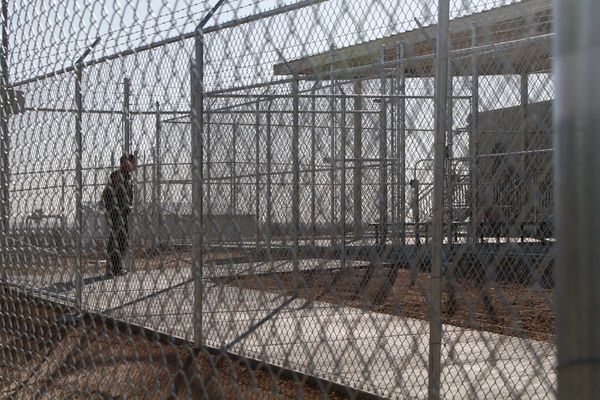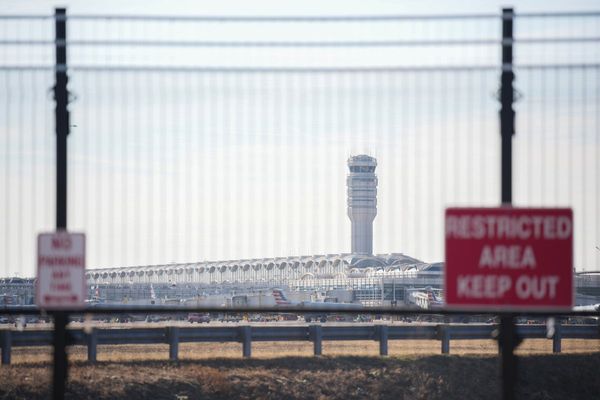
While Australia performs the rituals associated with high petrol prices — demands that the fuel excise be cut, whingeing from road groups that not enough excise is going into building roads — China is having similar problems.
Its central government maintains controls over the pricing of both petrol and diesel. But retail petrol reached a near-record high last week of about $1.40 a litre. Government policy typically delays price increases on retail gasoline and diesel when crude exceeds US$80 a barrel. Beyond US$130, retail fuel costs are effectively frozen.
That’s why the Consumer Price Index (CPI) has been running at an annual 0.9% for the past three months in China, when the CPI in other countries from the US (7.9%) to Australia (3.5%) have been driven higher thanks in part to higher oil prices. But tellingly, Chinese producer prices growth has been as high as 13% in recent months (and 8.8% in January and February).
Chinese oil companies are wholly or part owned by the government, but the impact of this political price suppression can be seen in the share prices of listed Chinese oil giants, such as Sinopec — its share price is down 29% over the past five years while the shares of a comparable US giant, Chevron, are up nearly 50%.
The Chinese state is taking lower profits or losses on oil, gas, chemicals, diesel and petrol sales by its giants. But price suppression has its limit — retail petrol prices have been raised by 750 yuan, the biggest rise since the current pricing system started nine years ago. Retail diesel prices were lifted by 720 yuan.
China is also ramping up its subsidised sales of “new energy vehicles” — electric or hybrid — from about 3.3 million last year to what is expected to be more than 5 million this year. But that still compares with about 23 million internal combustion engine cars.
China’s economic woes extend beyond inflation. Xi Jinping has ordered his team of crack anti-corruption investigators — known as the Central Commission for Discipline Inspectorate (CCDI) — to start issuing warnings about fraud and falsification in official economic statistics.
Western media reports at the weekend said the CCDI will step up scrutiny of China’s National Bureau of Statistics (NBS) and tackle what was described in translation as the “outstanding problems” of data fraud and falsification, according to Reuters.
The NBS figures (along those on trade from the customs administration) are the most watched and analysed figures in the Chinese economy every month and quarter. The accuracy and reliability of the data from both bodies is accepted in the West, albeit sometimes reluctantly. But now the NBS, which has previously been “investigated”, will come under greater pressure from the government.
Reuters reported the CCDI as claiming that “data fraud is being found in more areas including R&D funding ratios, energy intensity and carbon intensity that typically reflects the quality of economic and social development … Energy intensity and carbon intensity indicate the amount of energy consumed and carbon emitted per unit of GDP, and are used to gauge the progress of a country’s campaign to tackle climate change.”
CCDI inspectors added that some local officials prioritise economic growth and ignore other areas of economic development, or seek to show off their personal achievements through statistics. The CCDI will carry out random inspections on data quality on a regular basis and will supervise the establishment of an accountability system among local authorities to prevent and punish statistical fraud.
As is so commonly the case in China, however, integrity investigations are as often as not a cover for political agendas. And Xi will be worried that slower growth and higher inflation are not conducive to political stability, even in autocracies.







